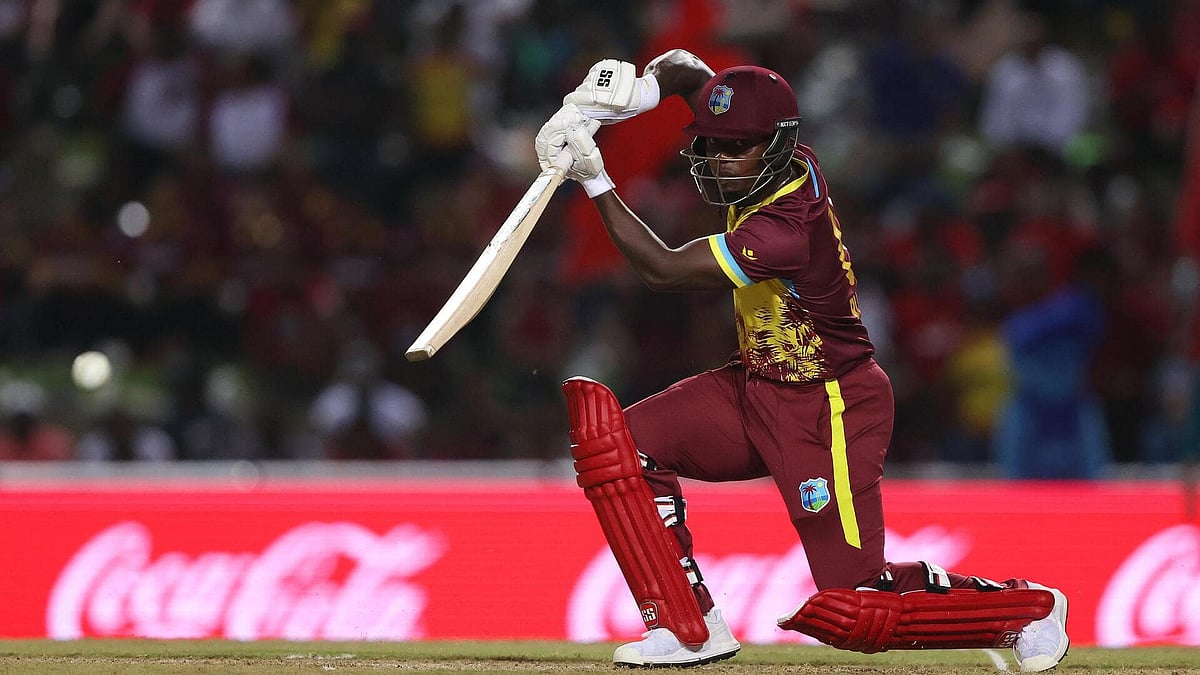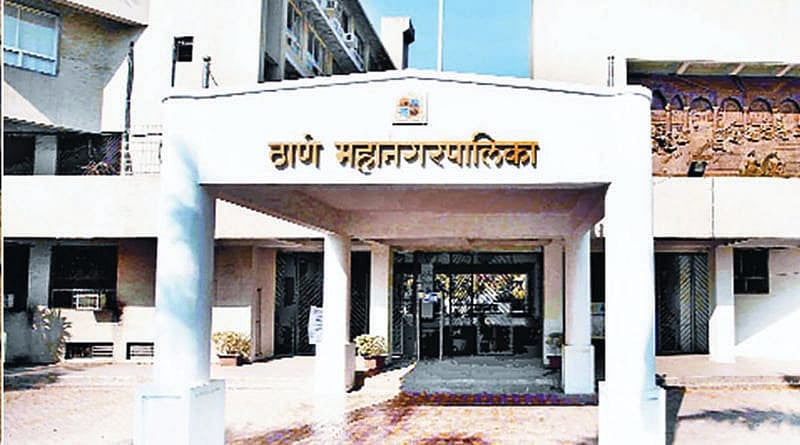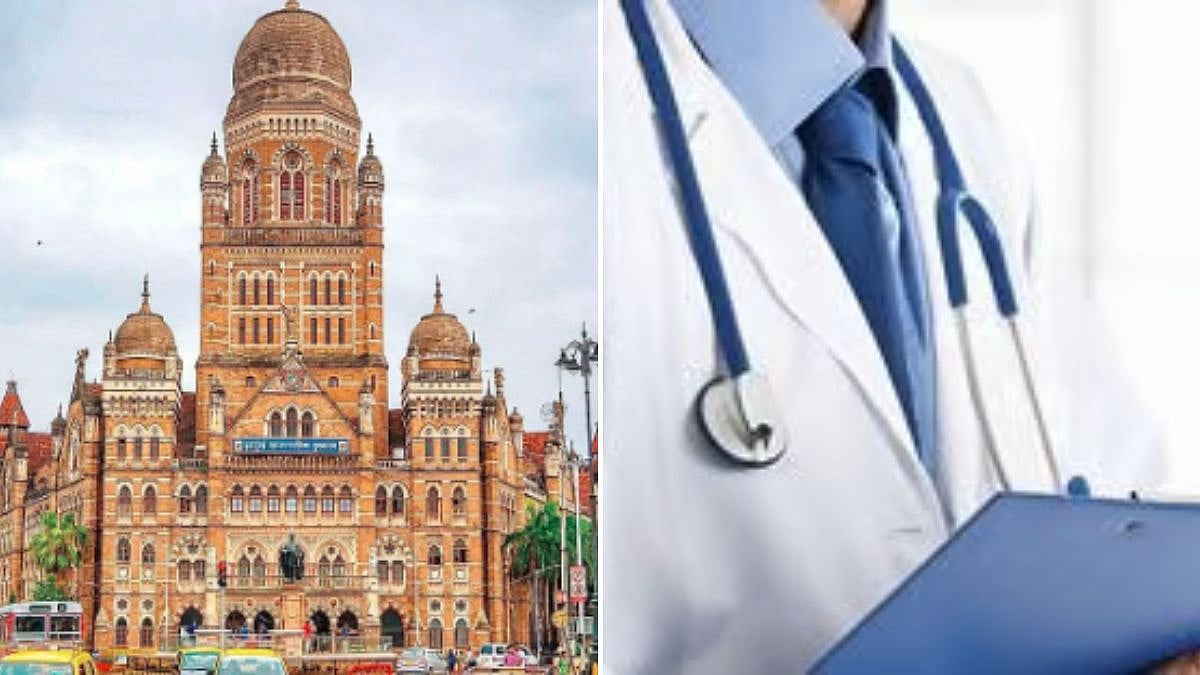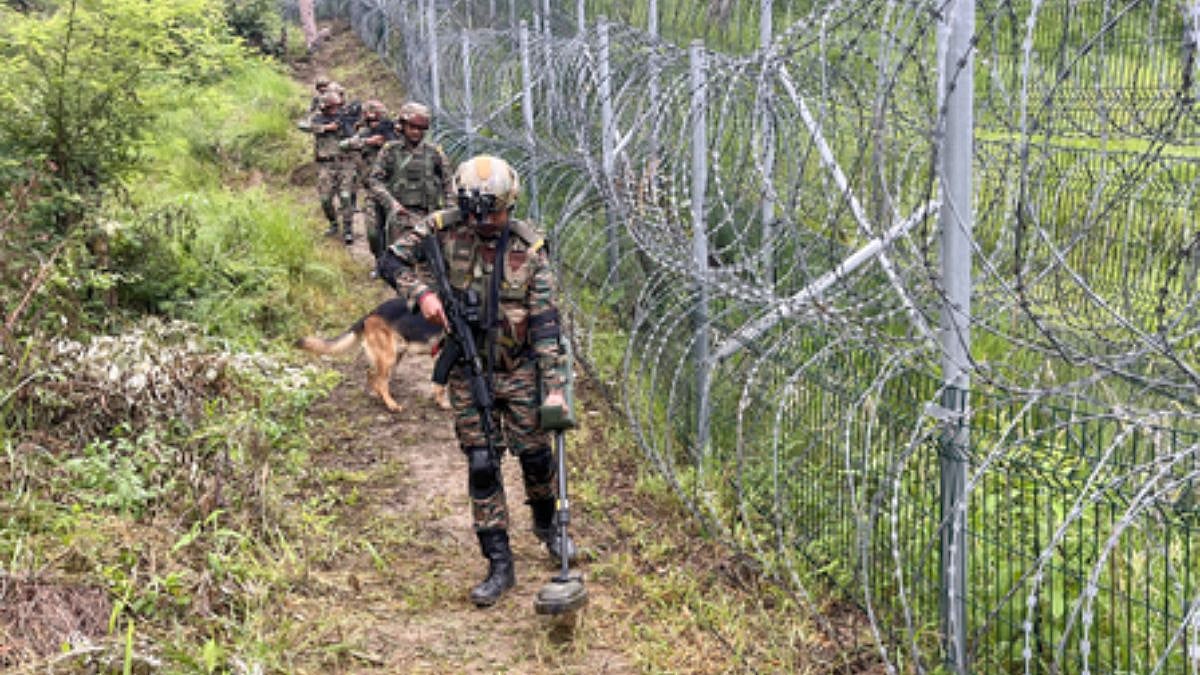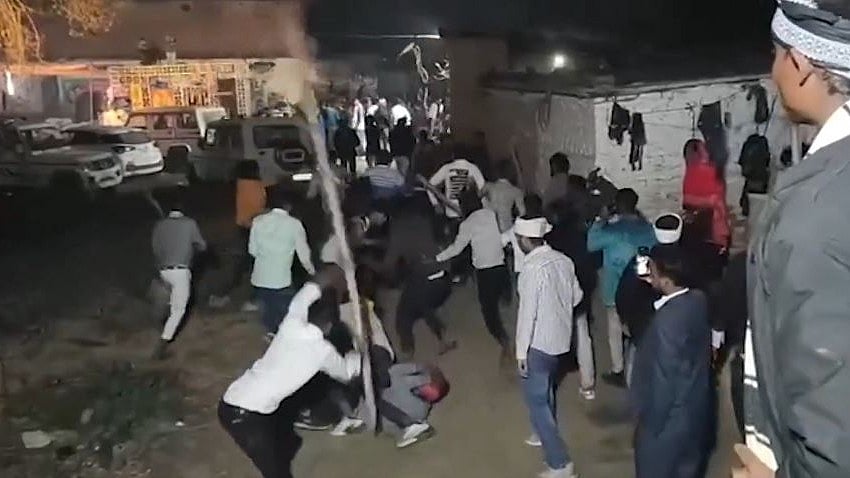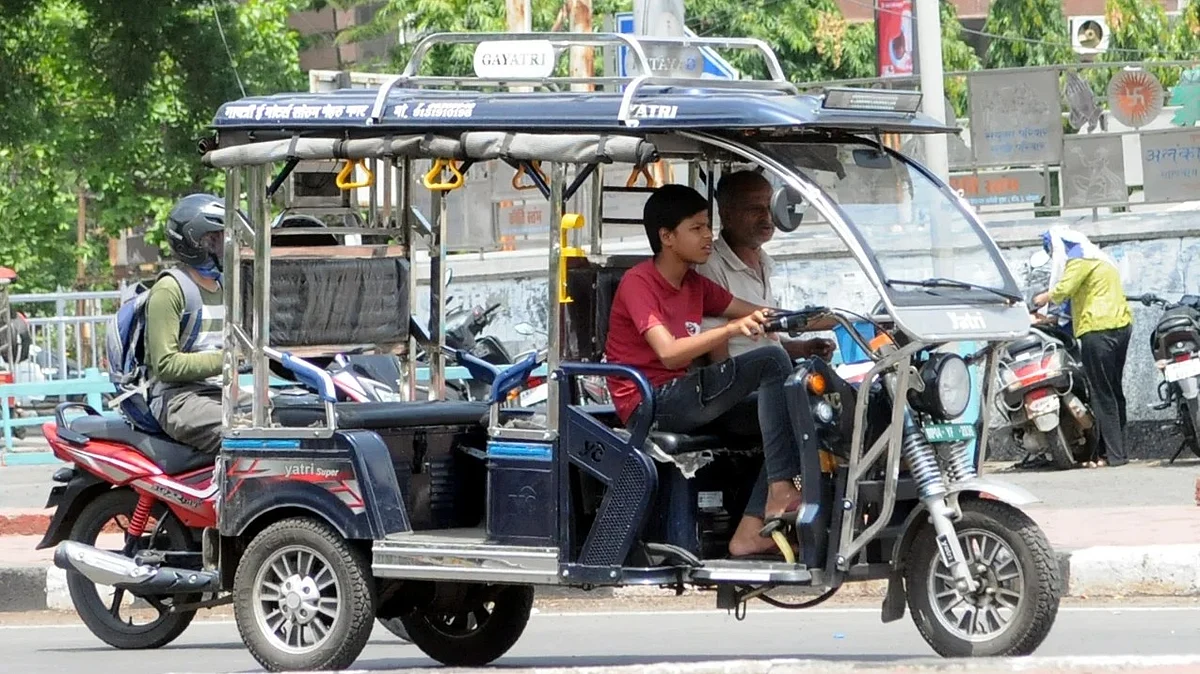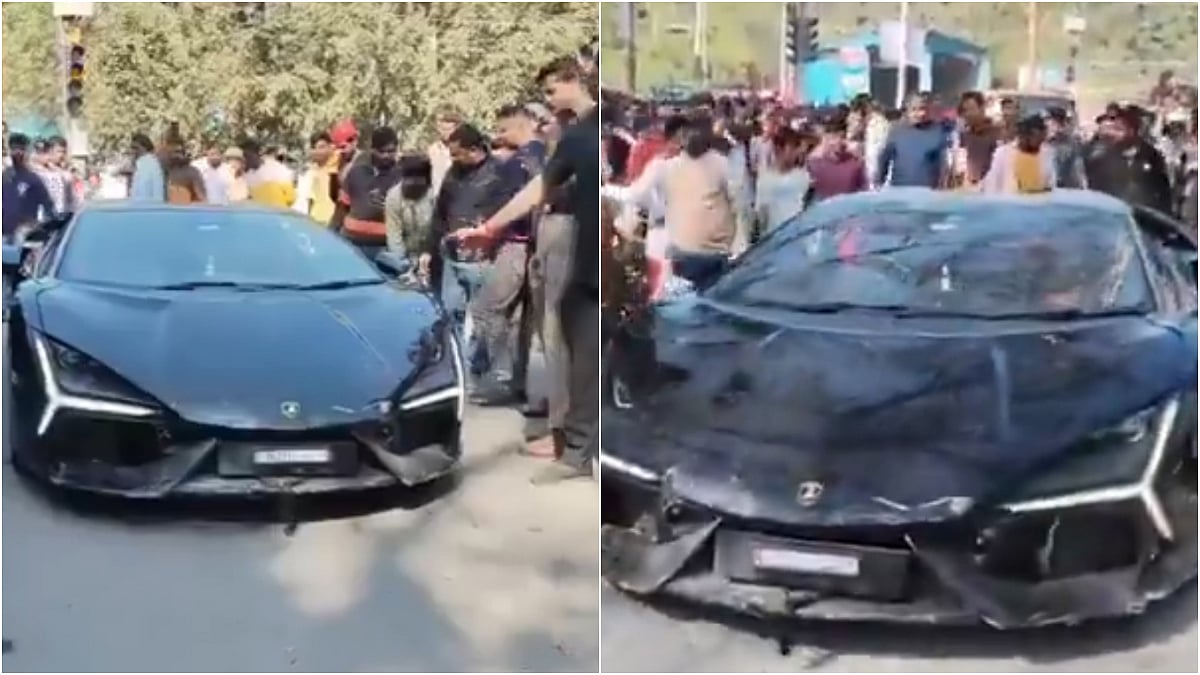New Delhi: Ministry of External Affairs spokesman Randhir Jaiswal’s deft handling of a question on a telephone call US President Donald Trump said occurred between him and Prime Minister Narendra Modi on Wednesday highlights the challenge diplomats face in putting a spin on tricky situations. Asked whether Prime Minister Modi had indeed spoken with President Trump and assured India would stop buying Russian oil, Jaiswal responded by stating he was “not aware of any conversation between the two leaders.”
The phrasing was noteworthy not only because the MEA spokesperson did not outrightly deny any conversation had taken place but also left open the question as to why India was reluctant to deny outright Trump’s statement, given that it had done so before regarding his claims of mediation between India and Pakistan during Operation Sindoor.
Former diplomats who have served before as MEA spokespersons believe Jaiswal’s response followed protocol and de-escalated a situation that could easily have gone out of hand should he have chosen to take a more aggressive stance.
As a senior diplomat pointed out, India did not want to “publicly state that the head of another country is lying. If he (Jaiswal) had said that headlines would have run in the American media tomorrow that the Indian PM has accused Trump of lying. At the same time, you don't want to implicate your own leader. So you use carefully drafted wording where no one can accuse you tomorrow of being caught out in a lie.”
President Trump has made several headlineworthy statements. On May 10, Trump claimed that he had successfully mediated an end to the Operation Sindoor conflict between India and Pakistan. On May 19, Foreign Secretary Vikram Misri told a parliamentary panel there was no American role in the India-Pakistan ceasefire.
On July 31, the US president called India a “dead economy” in a Truth Social post. Prime Minister Modi did not respond directly, but days later pointed out at a public event in Bengaluru that India was heading towards being one of the world’s top three economies. On August 4, the MEA released a statement stating that New Delhi continued to be “targeted by the United States and the European Union for importing oil from Russia after the commencement of the Ukraine conflict.” The statement came after Trump announced tariffs on Indian goods.
Given that India had pushed back against Trump before, could it not have done so this time? Diplomats said there was the timing to consider. Commerce Secretary Rajesh Agarwal is currently with an Indian delegation in the US for trade talks, which is expected to see India buying more American oil. A strong response could have derailed those talks. Says a senior diplomat. “India currently buys very little oil from the Americans, and we are looking at buying more from them in a bid to avoid tariffs from the US and get Trump to ease up on the pressure of Russian oil. This is why we have remained relatively low-key on the matter this time.”
Diplomats also say India’s strategy has been to avoid confronting Trump directly. Even during Operation Sindoor, it was External Affairs Minister S. Jaishankar who made the statement that VicePresident Vance had warned India about a Pakistani attack, but both nations had solved it bilaterally. Prime Minister Modi made no public statement at the time, and the telephonic conversation he did have with Trump on mediation was because the US had crossed a “red line.”
“Mediation is not something that we can accept, and that is why the prime minister had to personally get involved. On other issues, India has chosen to avoid direct confrontation with Trump. In fact, even after he made his latest remarks, our immediate statement said we were looking to explore energy opportunities with the current US administration,” said a senior diplomat. Such a strategy suggests one could continue to see more diplomatic wordplay from Jaiswal if Trump continues with his anti-India rhetoric.

